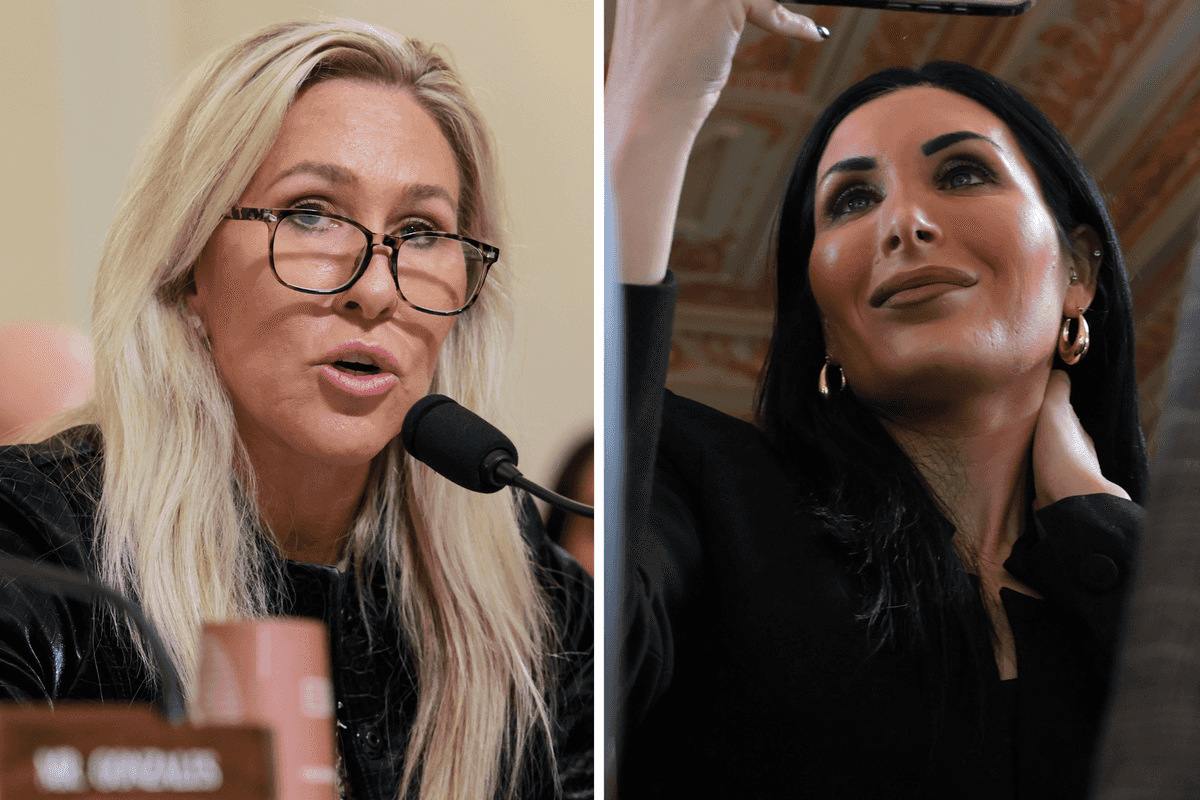News
Louis Dor
Jul 14, 2015
British doctors urged this week for a 20p tax on soft drinks to help combat obesity, and if the example of Mexico is anything to go by, they may well have a point.
At the start of 2014, in an attempt to overturn its own alarming rate of obesity, the Central American country began taxing sugary drinks.
A study has now shown that the modest tax has indeed helped to reduce consumption of soft drinks, which in 2011 was at 163 litres per year per person, on average.
The study, which looked at household groceries spending in 53 Mexican cities, showed a 4 per cent increase in purchases of untaxed beverages.
Essentially, the tax encouraged consumers to embrace diet sodas, juices with no extra sugar, or waters, as opposed to sugary drinks which contributed to obesity.
Harold Goldstein, executive director of the California Centre for Public Health Advocacy, reacted to the study in a statement:
After years of speculation, we now have direct evidence that taxing liquid sugar is an effective way to reduce consumption.
The greatest change occurred in the most vulnerable low-income households, where consumers were able to cut consumption by 17 percent.
The Mexican Institute for Competitiveness estimated the average Mexican suffering from diabetes spent nearly $300 more on medical care than he or she earns in a typical year, resulting in public health services absorbing most of the costs, and many are suffering premature death.
Top 100
The Conversation (0)













